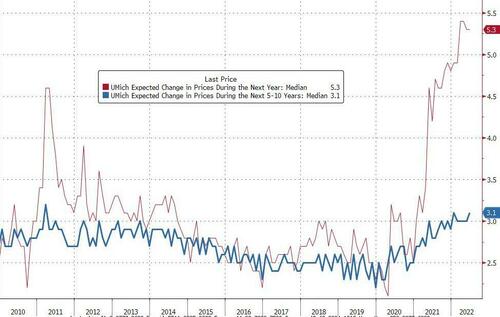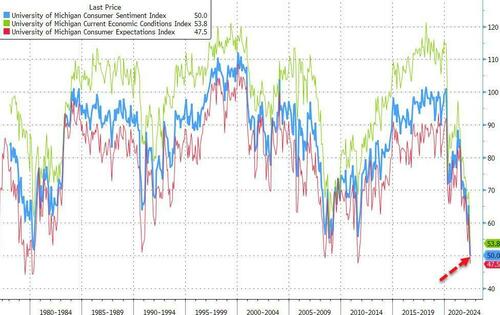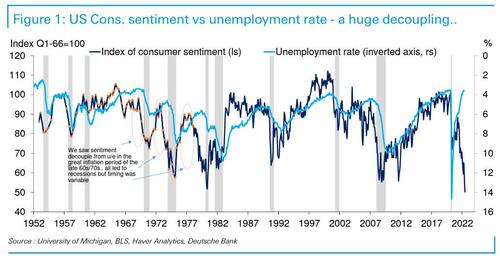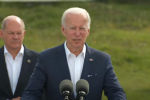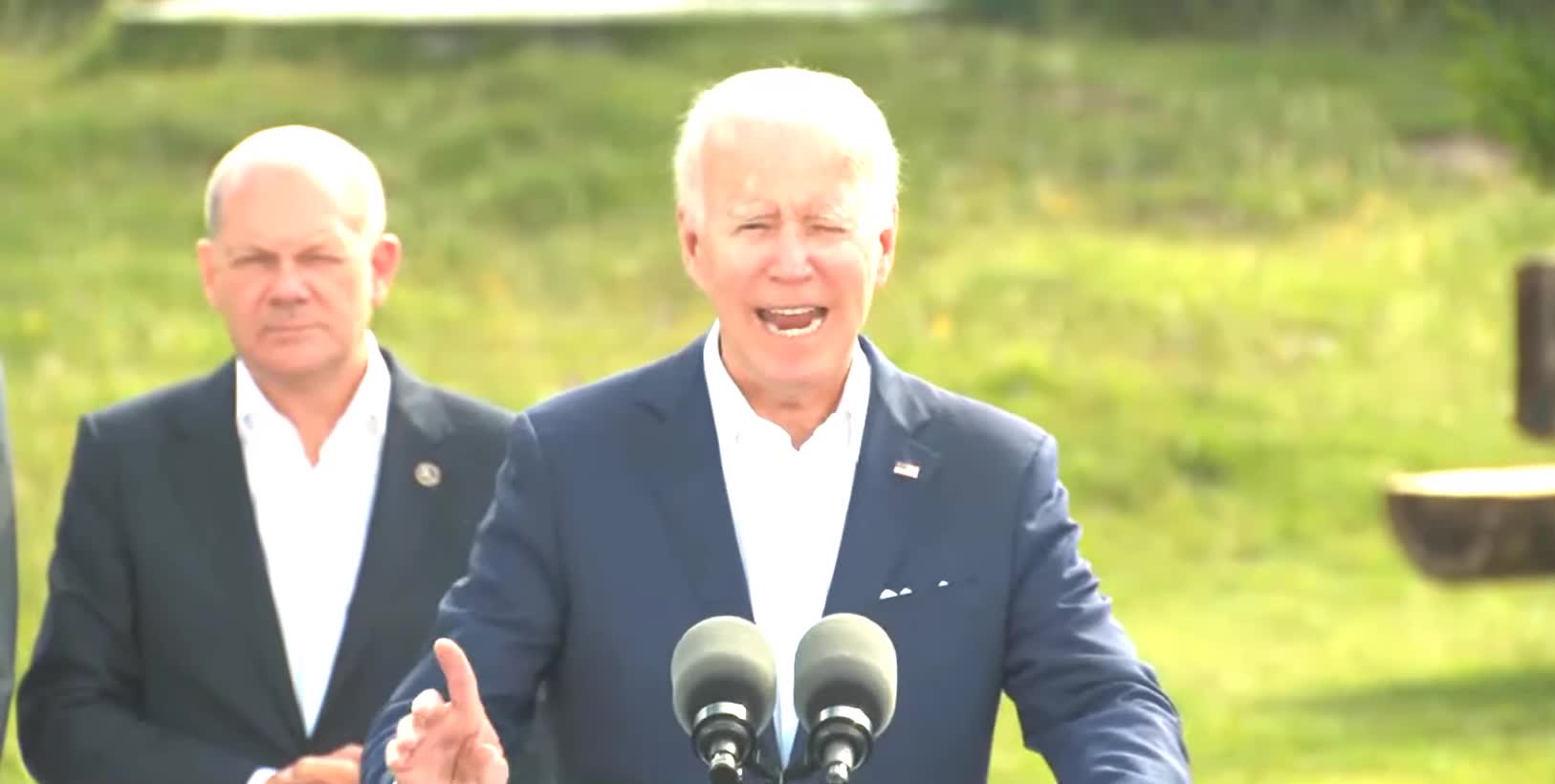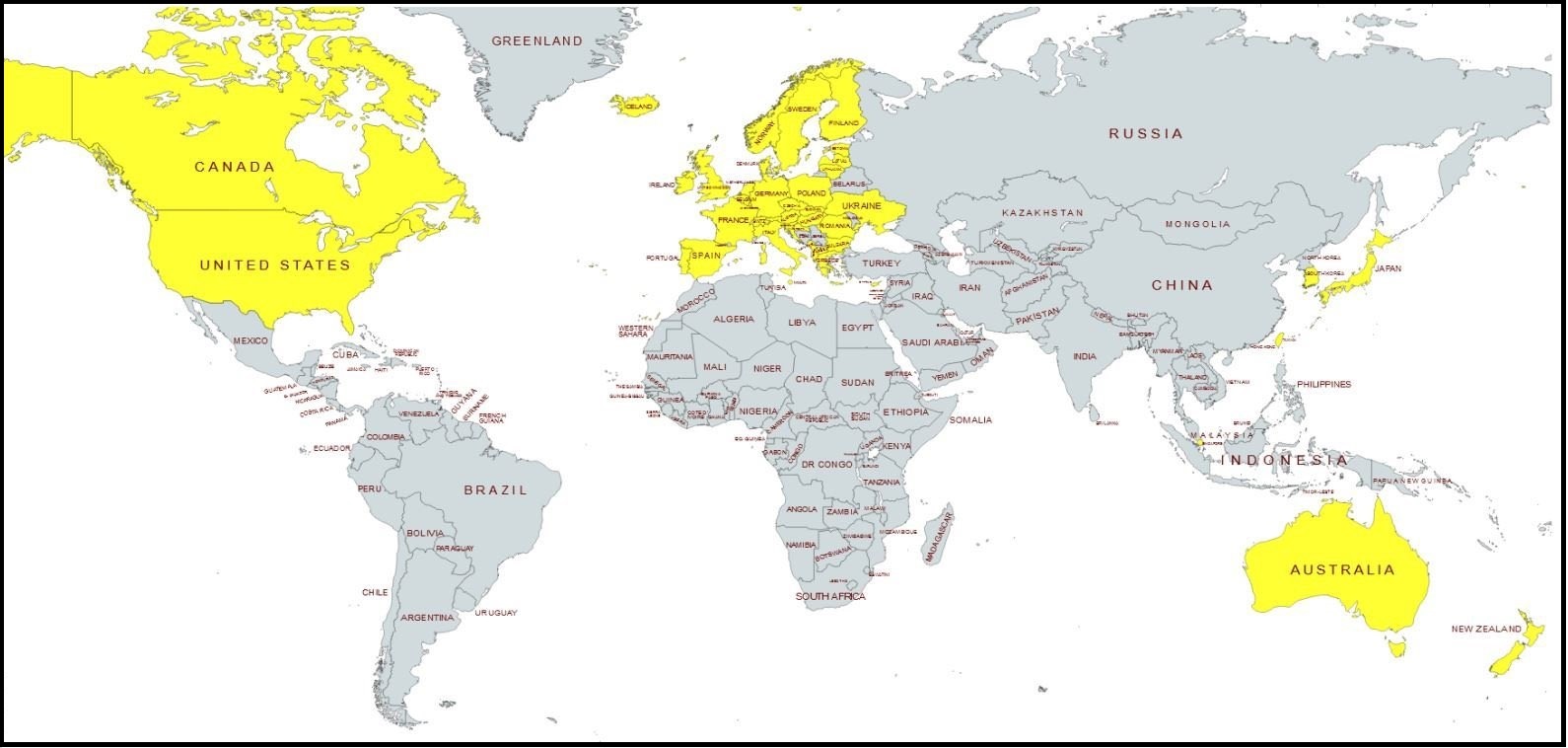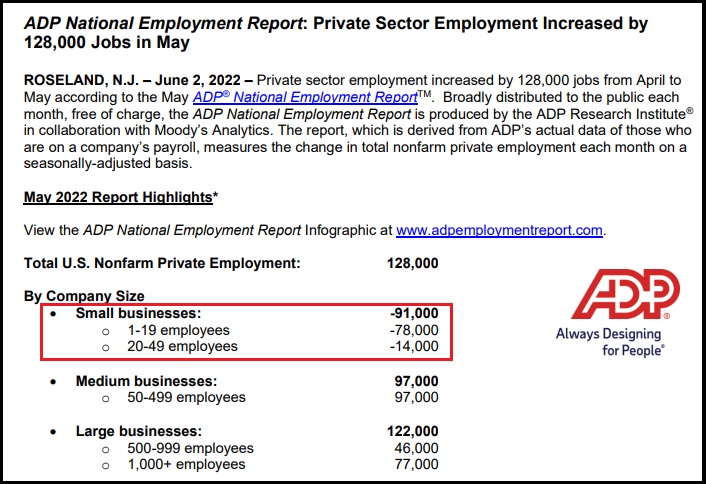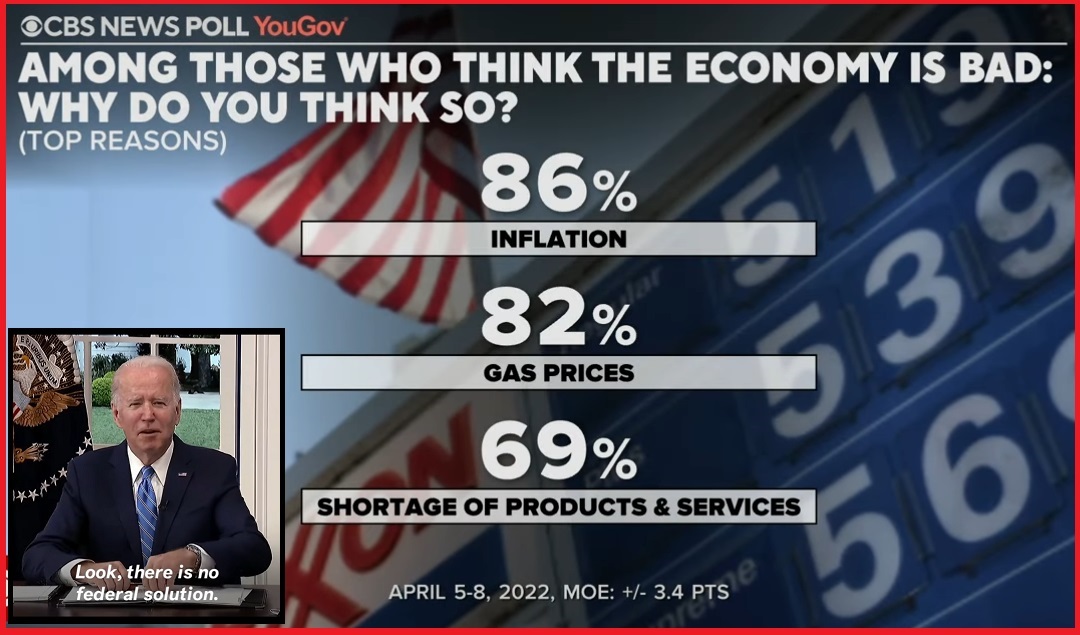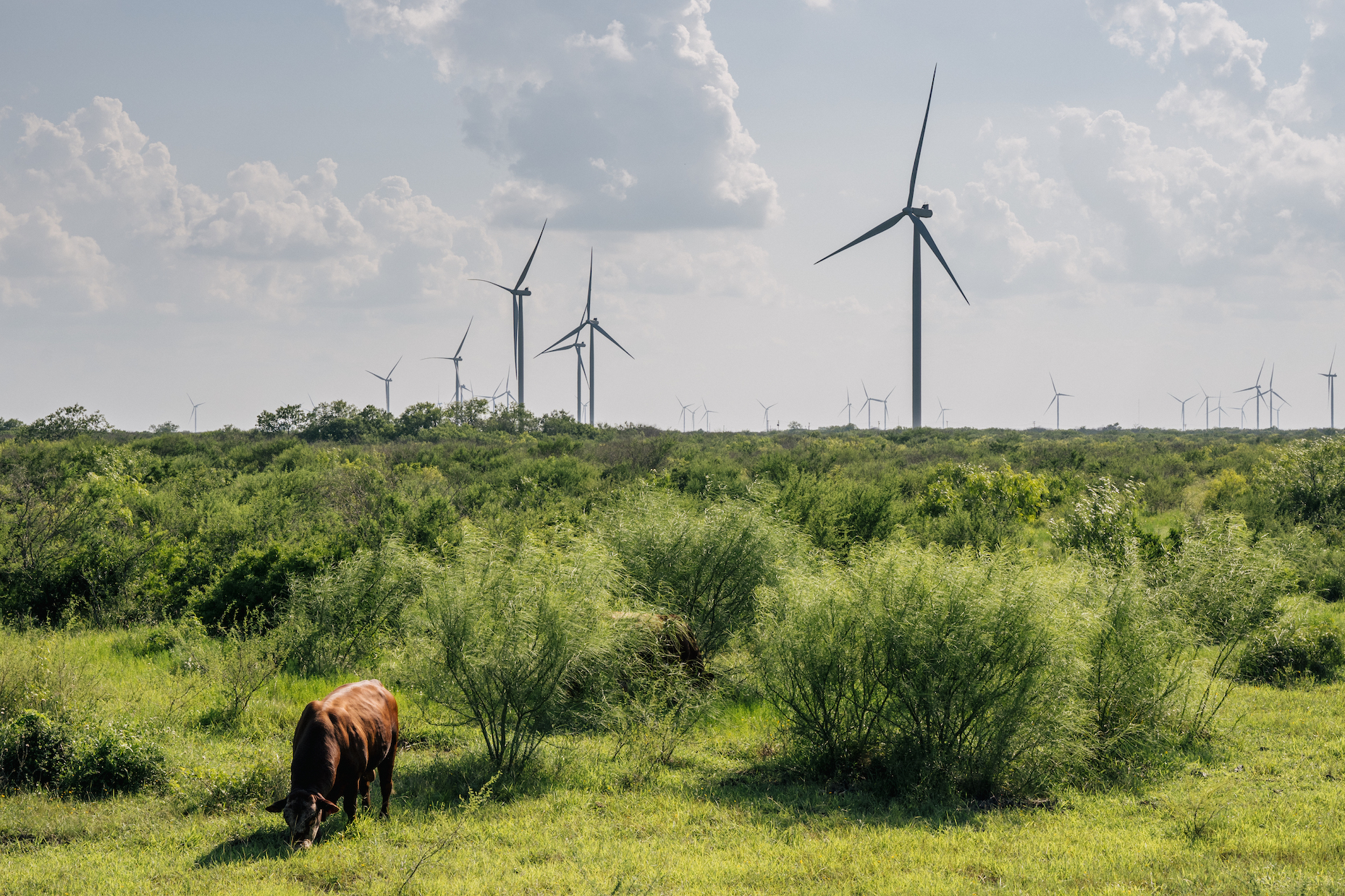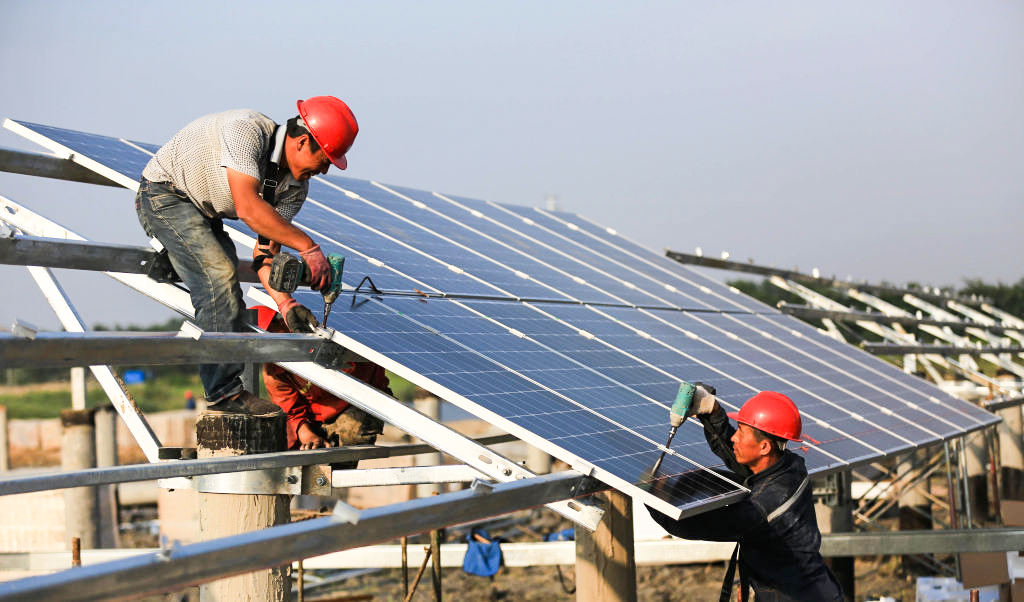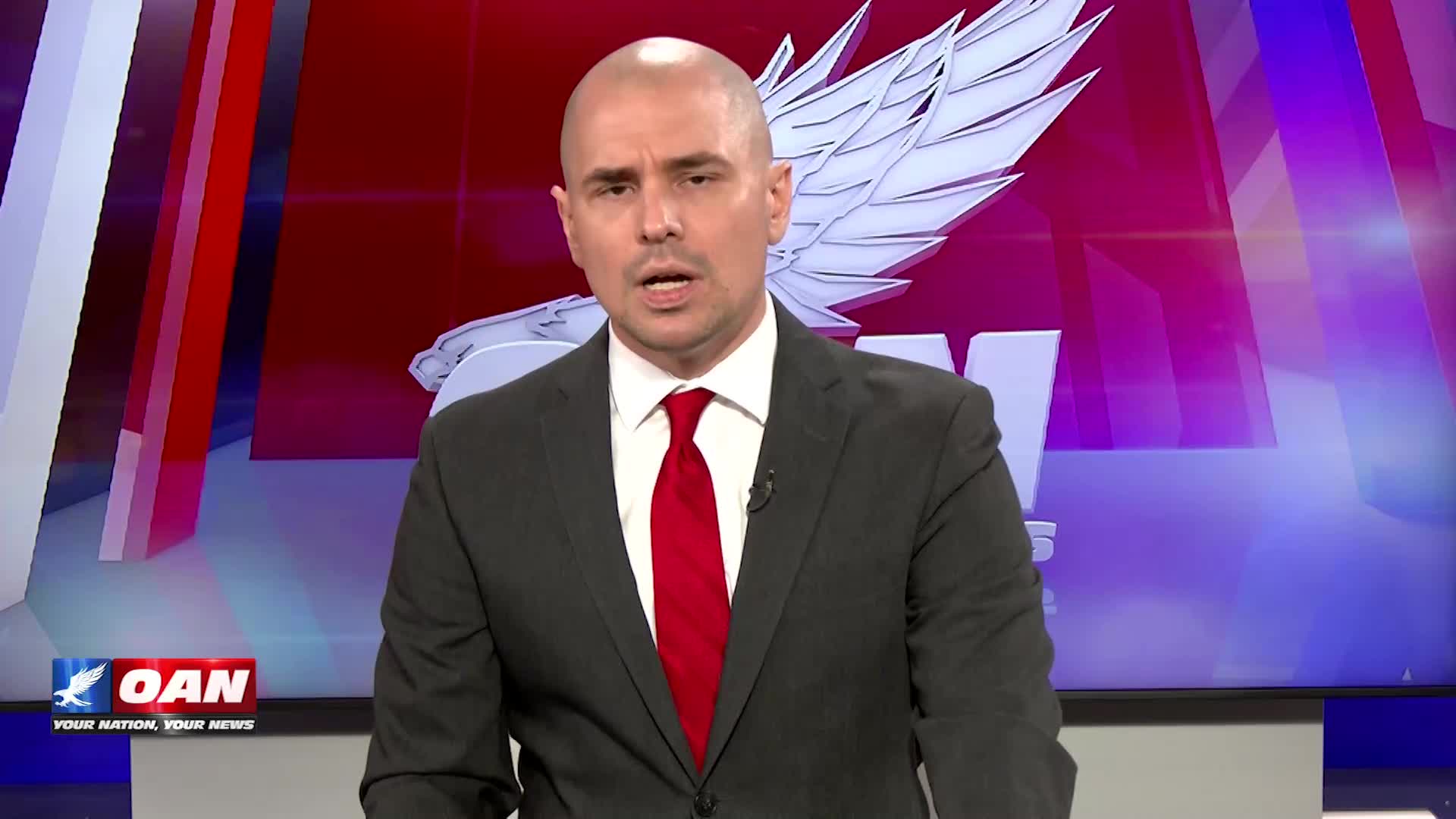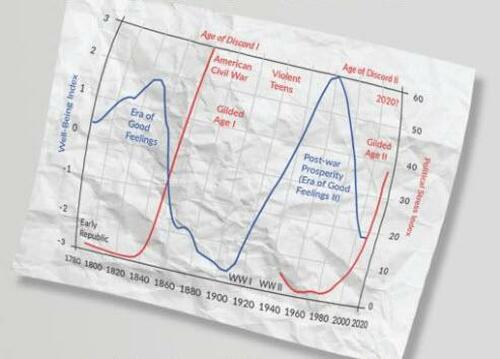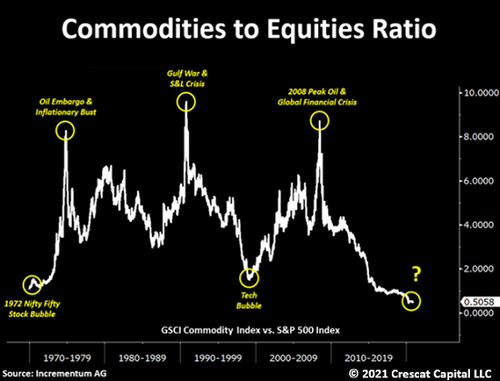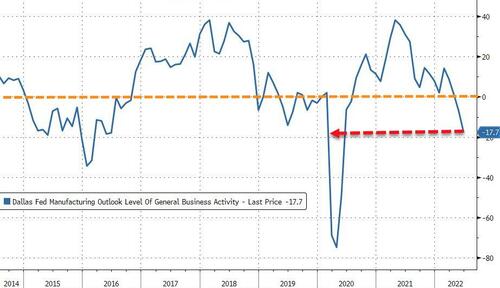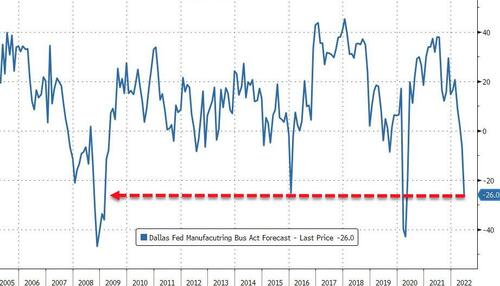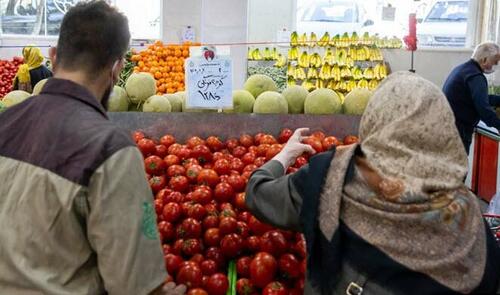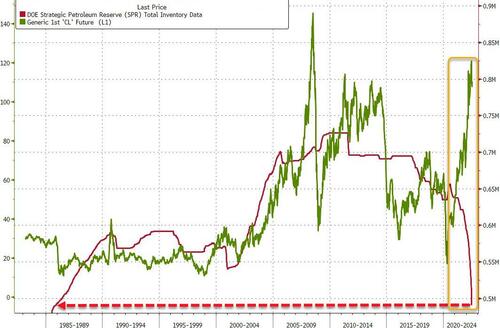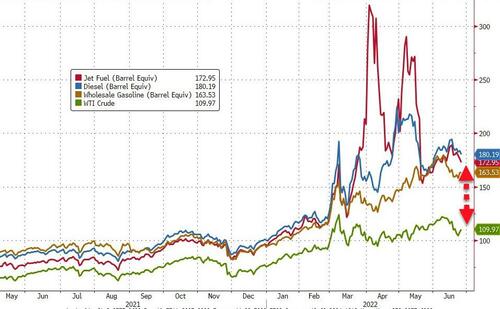ZeroHedge - On a long enough timeline, the survival rate for everyone drops to zero

www.zerohedge.com
Victor Davis Hanson: America Is More Fragile Than The Left Understands
MONDAY, JUN 27, 2022 - 01:20 PM
Authored by Victor Davis Hanson via AmGreatness.com,
"There is a great deal of ruin in a nation."
- Adam Smith
The Left has been tempting fate since January 2021 - applying its nihilist medicine to America on the premise that such a rich patient can ride out any toxic shock.
 Our elites assume that all our nation’s past violent protests, all its would-be revolutions, all its cultural upheavals, all its institutionalized lawlessness were predicated on one central truth—America’s central core is so strong, so rich, and so resilient that it can withstand almost any assault.
Our elites assume that all our nation’s past violent protests, all its would-be revolutions, all its cultural upheavals, all its institutionalized lawlessness were predicated on one central truth—America’s central core is so strong, so rich, and so resilient that it can withstand almost any assault.
So, we can afford 120 days in 2020 of
mass rioting, $2 billion in damage, some 35 killed, and 1,500 police injured.
We can easily survive an
Afghanistan, and our utter and complete military humiliation. There was no problem in abandoning some $70-80 billion in military loot to terrorists. Who cares that we tossed off a billion-dollar new embassy, and jettisoned a $300-million refitted air base, as long as our pride flags were waving in Kabul?
Certainly, we can afford to restructure all our
universities, eliminate free expression and speech, and institute Maoist cultural revolutionary fervor in our revered institutions of higher learning—once the world’s greatest levers of scientific advancement and technological progress.
We can jettison merit in every endeavor, from banning the world’s great books to grading math tests to running chemistry experiments. And still, a resilient America won’t notice.
We assumed that our foundational documents—the Declaration of Independence and the Constitution—our natural bounty in North America, our cherished rule of law, our legal immigration traditions that drew in the most audacious and hardworking on the planet, and our guarantees of personal freedom and liberty led to such staggering wealth and affluence that nothing much that this mediocre generation could do would ever endanger our resilience.
But such inheritances are not written in stone. America, as the world’s only successful multiracial democratic republic, was always fragile. It was and is always one generation away from disappearing—should any cohort become so foolish as to mock its past, dismantle its institutions, revert to tribalism, redistribute rather than create wealth, and consume rather than invest.
We are that generation. And we have an accounting with nature’s limitations, given there is always a corrective, not a nice one, but remediation nonetheless for every excess.
Our major cities are no longer safe. Somehow, the Left has nearly wrecked San Francisco in less than a decade. A once beautiful and vibrant city is lawless, dirty, toxic, often boarded up, and losing population. It has turned into a medieval keep of well-protected knights in secure fiefs while everyone else is engaged in a
bellum omnium contra omnes.
We know it is so because California public officials talk of anything and everything—
Roe v.
Wade, transitions to electric cars, hundreds of millions of dollars in COVID-19 relief for illegal aliens—to mask their utter impotence to address feces in the street, the random assaults on the vulnerable, and the inability to park a car and return to it intact.
Ditto the Dodge City downtowns of Chicago, Los Angeles, New York, Seattle, Baltimore, Washington, and a host of others. In just four or five years, they have given up on fully funding the police, aggressive prosecutors indicting the violent, and ubiquitous civil servants ensuring the streets are free of trash, vermin, flotsam, jetsam, and human excrement.
There are natural reactions to such excess. The most terrifying is that our once-great cities, especially their downtowns, will simply shrink into something like ghost towns—our versions of an out-West Bodie, or an abandoned Roman city in the sand like Leptis Magna, or a Chernobyl.
But the culprit will not be a played-out mine, or encroaching desert, or a nuclear meltdown, but the progressive leadership of a worn-out, bankrupt people who no longer possess the confidence to keep their urban civilization safe and viable. And so, they either fled, or joined the mob, or locked themselves up in fortified citadels, both in fear to go out and terrified of losing what they owned.
We are seeing that deterioration already in our major cities. Stores are boarded up. Women cease to walk alone after sunset. Police officers walking the beat are now rare. Hate crimes, smash-and-grab robberies, and carjackings go unpunished. Streets are filthy and littered.
Commerce and human interaction cease at dusk, as if in expectation that zombies will emerge to control the streets. Criminals when arrested are not always identified—the media censoring names and descriptions on their own selective theories of social justice.
But again, the culprit is not the COVID plague or want of money. It is us, we who turned over our cities to the incompetent, the selfish, the timid, and the violent.
There is again an antidote. But doubling the police force, bringing back broken-windows policing, electing tough prosecutors, moving the homeless from the downtown into hospitals and supervised shelters beyond the suburbs, arresting, convicting, and incarcerating the guilty—all that seems well beyond this generation’s capacity.
Would not such efforts be unfair to the mere rock-thrower? Who says the fentanyl user has no right to defecate on the street? Would not our jails become overcrowded? Would the incarcerated be unduly overrepresented by this or that group?
Joe Biden took a strong economy—albeit one that after three serial spendthrift presidencies faced huge national debt and a rendezvous with fiscal sobriety—and has utterly ruined it.
He discouraged labor participation with federal checks. He ensured that his minions on the politicized Federal Reserve Board would keep interest rates artificially low. Biden inflated the money supply while debasing the value of the currency. He brought back mindless regulation and put ideological commissars in place to ensure the corporations, banks, and Wall Street would be woke, allowing ideology to warp ancient economic laws that kept prices stable, supply and demand in balance, and incentives to work and profit.
Many thought Biden would have needed at least four or five years to wreck such a strong economy with such nihilism rather than a mere 16 months.
Yet nature is about to step in with a recession and perhaps even a depression to correct the Biden madness. If interest rates rise, capital dries up, businesses close, employers cut back, consumers no longer have access to easy money, and the nation becomes inert, then the country will be worse off, spend less—and that too will be a brutal solution of sorts to Biden’s hyperinflation and stagflation.
Still, it is hard to see how anyone in the government might prefer the proper and necessary medicine at this late hour. An updated
Simpson-Bowles plan still could address long-term insolvency. Meaningless regulations could be pruned back. The tax code could be radically altered and simplified to encourage investment rather than consumption. Entitlements could be calibrated by incentives to become productive rather than to remain inert. All of that might return us to a sound currency, a strong GDP, long-term financial solvency, and general prosperity for all. But are not such medicines perceived as worse than the disease?
There is an answer to the open border, when upwards of 4 million illegal aliens will flow into the United States in a mere two years, for the most part without audits, English, capital, income, and vaccinations—and with no idea how to house, feed, or provide health care for millions without background checks.
At this late date, the corrections of stopping catch and release, ending amnesties, hiring more border patrol officers and immigration judges, or building more detention centers are too little too late.
Eventually, Americans will become acculturated to large enclaves of endemic poverty, as millions with no familiarity with the United States are neither assimilated nor integrated.
The border will then disappear, and northern Mexico and the southern United States will become indistinguishable, as millions simply drift back and forth in the manner of an ancient Gaul or Germania. Large areas of Texas, Arizona, and California are already returning to such pre-state status.
Or the alternate corrective will be the completion of a massive wall from the Pacific to the Gulf, with strict audits of all would-be immigrants, immediate deportations for lawbreakers, and legal only immigration that is measured, diverse, and meritocratic.
We are reaching the inflection point quickly and will either experience the absolute destruction of the border or a radical backlash, given that the current mess is unsustainable. Either a nation with borders survives or a tribal and nomadic region supplants it.
If America chooses to shut down refineries, put our rich oil and natural gas fields off-limits, cancel pipelines, and demonize the fossil fuel industry, then, of course, prices for carbon fuels will explode.
The Biden Administration talks nonsensically about Teslas, batteries, and electric replacements. But it is not greenlighting mining for the critical minerals needed for batteries. It is not encouraging nuclear power plants to provide enough power for a clean fleet of 200 million electric cars. There is no Marshall Plan to wean America off mostly non-polluting natural gas and gasoline onto electricity-hungry engines.
Instead, Biden begs the Saudis, the Russians, the Venezuelans, and even the Iranians to pump the fuel he will not. He seeks to drain the Strategic Petroleum Reserve that can supply only a fraction of the oil America gulps daily.
He defines his own pre-midterm, self-created mess as a national emergency to tap a reserve he could never fill or refill.
So, what is the natural corrective to unaffordable fuel?
A likely Biden recession or depression, in which the middle classes simply do not enjoy jobs that pay enough to afford $6-9-a-gallon gas. And so, they will not drive. Vacations, optional shopping trips, and visits to friends—all that and more will taper off. Gas will stabilize at near-European levels, and the people, as planned, will be rerouted into dirty and unsafe subways and mass transit.
Biden will be happy. But America won’t be the same mobile country.
America’s bounty was predicated on each generation following the prompt of the prior, modulating when change was necessary, but not daring to tamper with the foundational principles and values that explained our singular wealth, power, and leisure.
This generation in its arrogance tested fate. It felt itself smarter and morally superior to its betters of the past. It lost that wager and now we the public are paying for its foolishness. To destroy America as we have always known it, there was far less necessary to ruin than our elite believed.
Like a stunned adolescent whose reckless incompetence totaled the family car, the Left seems shocked that America proved so fragile after all.
 The 5-square-mile Spanish exclave of Melilla borders Morocco (map via identitejuive.com)
The 5-square-mile Spanish exclave of Melilla borders Morocco (map via identitejuive.com)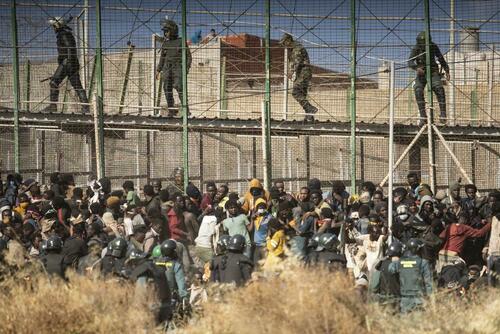 Riot police cordon off an area after African migrants breached the border (AP Photo/Javier Bernardo)
Riot police cordon off an area after African migrants breached the border (AP Photo/Javier Bernardo)  Migrants sprint across Spanish soil after scaling the border fence surrounding Melilla (AP Photo/Javier Bernardo)
Migrants sprint across Spanish soil after scaling the border fence surrounding Melilla (AP Photo/Javier Bernardo) 
